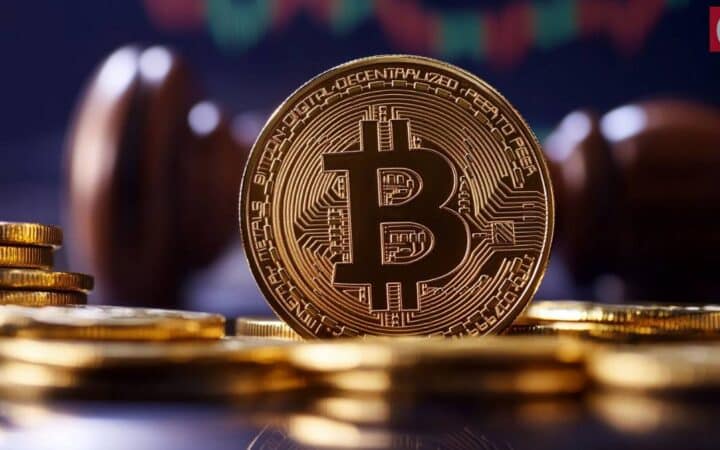
Tristan is a technology journalist and editorial leader with 8 years of experience covering science, deep tech, finance, politics, and business. Before joining Coinspeaker, he wrote for Cointelegraph and TNW.
Kyrgyzstan’s Parliament has moved forward with legislation that would create a state cryptocurrency reserve and establish comprehensive digital asset regulations. The bill expands presidential powers over virtual asset oversight while introducing regulatory sandboxes for fintech testing.
 Editor Marco T. Lanz
Updated
2 mins read
Editor Marco T. Lanz
Updated
2 mins read

Deputies of the Parliament of Kyrgyzstan have advanced a bill that, if signed into law by President Sadyr Japarov, would establish the foundations for developing a state cryptocurrency reserve, licensing mining operations, and regulating digital assets.
According to a local news source, legislators recently met to discuss and approve amendments to the bill in hopes of prompting swift action to shore up the country’s financial sector and meet the growing demands of the rapidly growing Asian cryptocurrency and digital assets market.
The report indicates that the bill would expand the president’s powers to legislate the issuance, circulation, and regulation of virtual assets while introducing regulatory sandboxes to institute limited testing for fintech services and products.
The bill’s amendments were passed over the course of three consecutive sessions as legislators apparently seek to move the document along as expediently as possible.
As Coinspeaker reported in April, the government of Kyrgyzstan had previously expressed interest in working with Binance and its former chief executive Changpeng Zhao to develop cryptocurrency policy including a roadmap for the creation of a strategic Bitcoin reserve. It’s unclear if this most recent round of legislation involved advisory input from Binance or other outside organizations.
The Asian cryptocurrency market has been gaining momentum throughout 2025 as legislators across the territory seek to develop financial rules governing domestic and foreign transactions related to digital assets.
In August, for example, Philippine lawmakers introduced new legislation to establish a national Bitcoin reserve. If passed, the new legislation would prompt annual purchases of 2,000 BTC for a period of at least five years. The reserve would be locked for 20 years, with BTC sales only allowed to retire government debt.
Disclaimer: Coinspeaker is committed to providing unbiased and transparent reporting. This article aims to deliver accurate and timely information but should not be taken as financial or investment advice. Since market conditions can change rapidly, we encourage you to verify information on your own and consult with a professional before making any decisions based on this content.

Tristan is a technology journalist and editorial leader with 8 years of experience covering science, deep tech, finance, politics, and business. Before joining Coinspeaker, he wrote for Cointelegraph and TNW.




